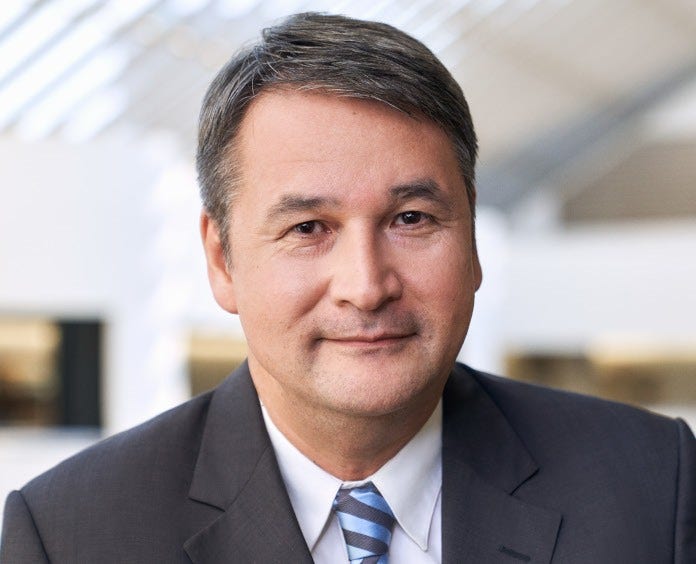Your gift is 100% tax deductible
Farhad Islami, MD, PhD
Senior Scientific Director
Cancer Disparity Research

Why I Do Cancer Research
Having seen many people diagnosed with cancer—often at a terminal stage—during my medical school training, I decided I would have a career in cancer research to help identify causes of cancer and reduce cancer morbidity, mortality, and associated disparities. Ongoing declines in cancer death rates through advances in prevention, early detection, and treatment—and knowing that much further progress is possible—keep me even more motivated.”
At ACS since 2014
As Senior Scientific Director, Farhad Islami, MD, PhD, leads the Cancer Disparity Research team in the Surveillance, Prevention, & Health Services Research (SPHeRe) department at the American Cancer Society (ACS). He primarily conducts transdisciplinary research to identify individual, social, biological, structural, and system level determinants of health and to estimate the contribution of each to cancer disparities. The objective of this work is to inform cancer care delivery and public policy. He also conducts and collaborates on research focused on cancer surveillance and risk factors.
Research focus and accomplishments
Islami’s research focuses on quantifying the impact of factors that contribute to cancer disparities across the cancer continuum, including etiology, prevention, detection, treatment, and survivorship. He also measures the effects that public health policies and programs have in reducing disparities. The goal of this work is to provide actionable evidence to inform cancer prevention and control initiatives and to promote health equity.
He has also conducted extensive research on the risk factors of cancer that are potentially modifiable. Islami’s work on estimating the burden of cancer attributable to potentially preventable risk factors in the United States has been widely cited by the media, academics, and policy makers, which may reflect how useful findings were for setting priorities in cancer prevention and control programs. As a follow-up study, Islami estimated variations in the cancer burden at the state level that were attributable to various risk factors, including excess body weight and UV radiation.
His work on the association between drinking hot tea and esophageal cancer risk was named to the Altmetric Top 100 list of academic papers that received the most online attention in 2019 globally.
As a member of the International Agency for Research on Cancer (IARC) team, Islami has been in multiple IARC Monographs and Handbooks and an IARC Monograph Working Group Member for Monograph volume 116, Carcinogenicity of Drinking Coffee, Mate, and Very Hot Beverages.
Publications
Dr. Islami is an editorial board member of Translational Lung Cancer Research, associate editor of Frontiers in Oncology, and ad hoc manuscript reviewer for more than 60 peer-reviewed international journals.
He is the author or coauthor of more than 190 articles published in peer reviewed journals, several book chapters, and the ACS’s Tobacco Atlas, 5th and 6th Editions.
For a full list of Dr. Islami’s publications, visit his Google Scholar page.
Education
- Research and Postdoctoral Fellowship: IARC, Lyon, France, 2006-2010
- PhD: Epidemiology, King’s College London, United Kingdom, 2010
- MD: Tehran University of Medical Sciences, Iran, 1994



